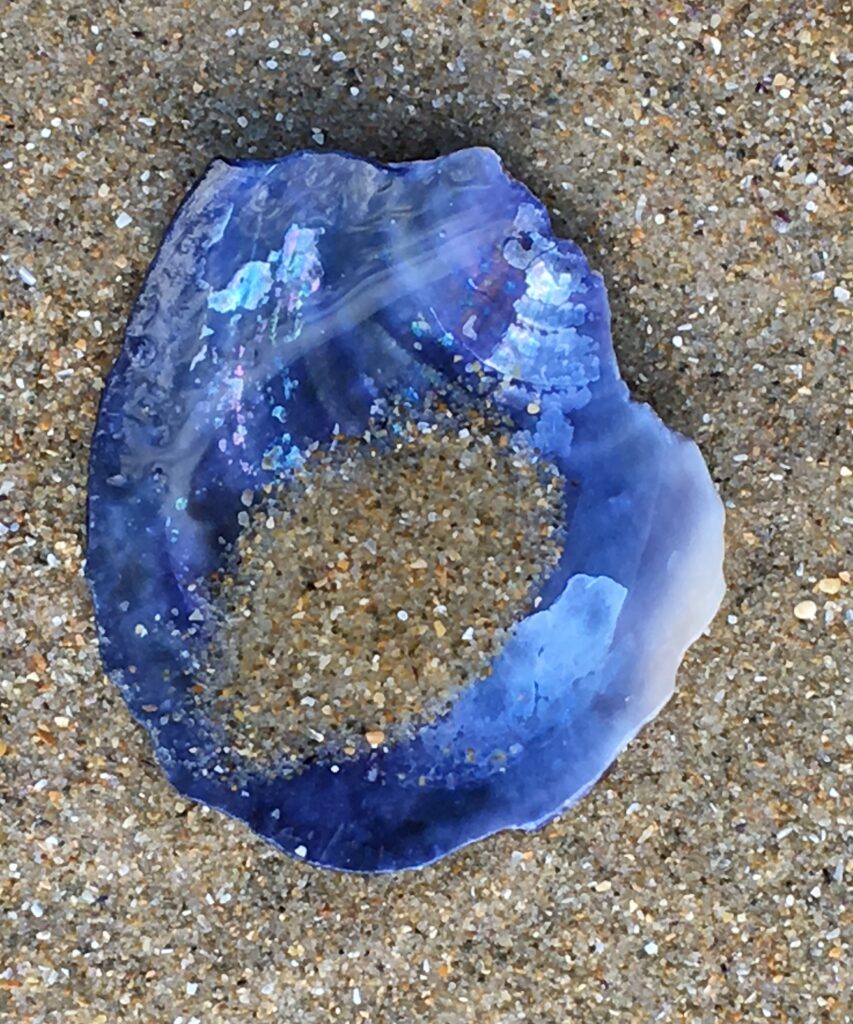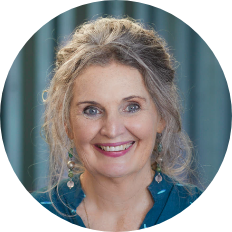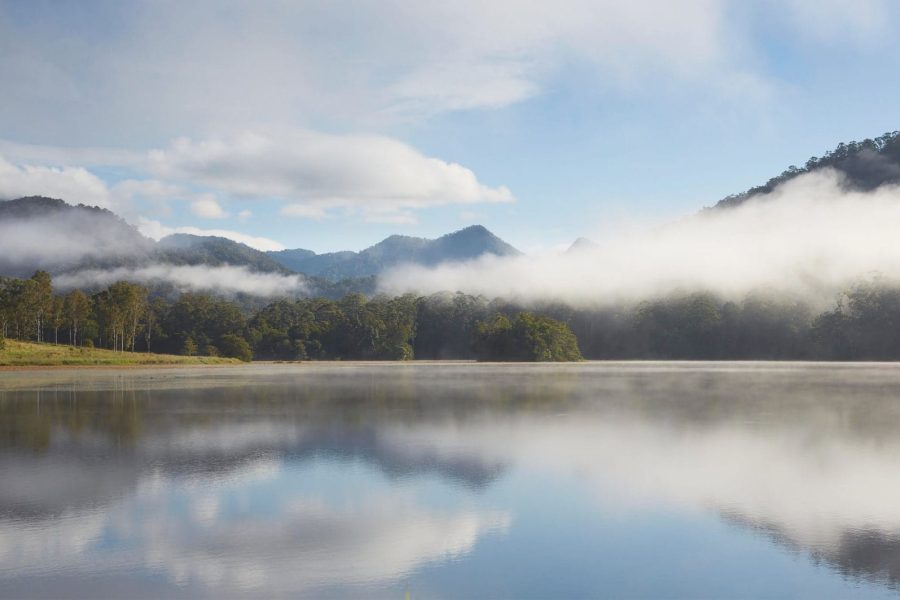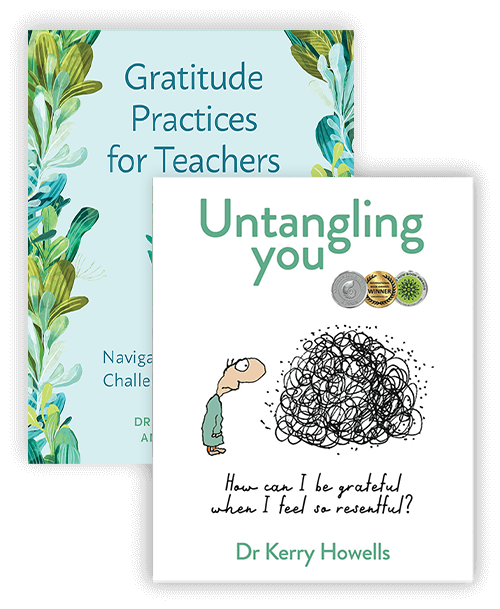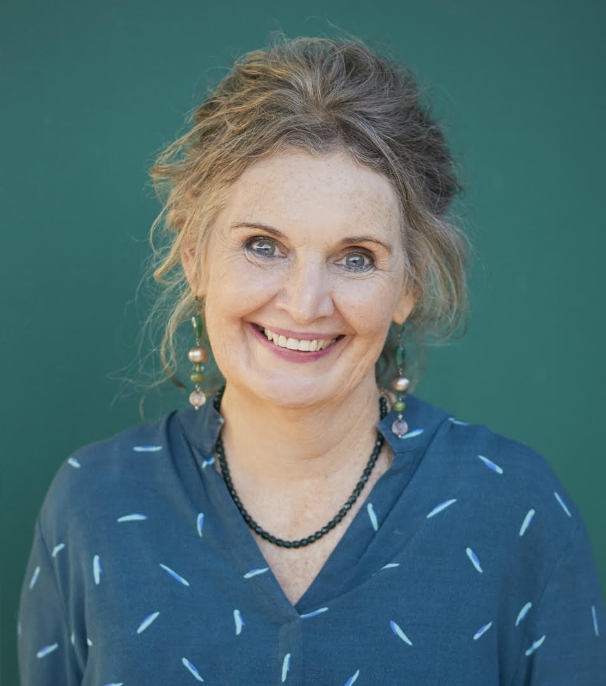Every day we witness the brutality of war and atrocity, and can feel hopeless or doubt that anything we do as an individual can have a positive impact. International Day of World Peace was celebrated last week so now might be a good time to reflect on how our own gratitude can make a difference.
I love the Zen saying:
If there is light in the soul,
There is beauty in the person,
If there is beauty in the person,
There will be harmony in the house,
If there is harmony in the house,
There will be order in the nation,
If there is order in the nation,
There will be peace in the world.
If we are to bring about world peace, we first need to ask ourselves if how we think and what we say and do can make a difference. This is not a trite question. We need to ask this first if gratitude is to have relevance and be a transformative force.
Gratitude brings light to the soul because it shines a light on our sense of interconnectedness with one another. It immediately awakens us to what we receive from each other. This extends beyond our immediate connections with people we know personally to include a wide array of people who contribute to our world. For example, just reflecting on gratitude for the rice we are about to eat at meal times can expand our awareness of those who planted the rice in India and then to those who harvested the rice and transported it and sold it. Thousands of people could have our thanks extended to them in this way.
Such a sense of interconnectedness brightens the ‘light in our soul’ because it moves us out of our individualism and separateness and towards a recognition of our absolute dependence on others. This may make us feel less indifferent to the senseless hurt inflicted on others. The philosopher Emmanuel Levinas has argued that it is a sense of interconnectedness that is required if we are to assume the “radical responsibility” for the other that is needed to make us act ethically and behave truly as a human being.
When we acknowledge what we receive from another it has a motivating force that urges us to give back. One of the most powerful ways to give back is to acknowledge to others what we have received from them. This brings about what the social anthropologist Margaret Visser describes as “reconnaissance” – recognition of the others’ value in their very humanness through expressing gratitude to them.
For example, if we go to the corner store and the shopkeeper looks tired at 9 pm after a long day’s work, we might say something like: “I really appreciate your efforts in keeping the store open this late at night so I am able to buy this milk”. It seems like such a small gesture but one that could have an enormous impact in a world where that shopkeeper is seen as someone who is there solely to provide a transactional service, so not particularly deserving of our thanks. Every time we express genuine gratitude we are basing our relationships less on transactions and more on a sense of appreciation for being given to by another. As sociologist Georg Simmel says, gratitude provides the moral cohesion of humankind.
When people feel recognised through the gratitude expressed by others, they feel more affirmed. Margaret Visser tells us that this is essential to our sense of belonging, identity and relationships. Most importantly she teaches us that we cannot give affirmation – this reconnaissance through gratitude – to ourselves. It must be given to us by others.
Gratitude also shines a light on the state that is its opposite – resentment. The words we use towards and about others are key points of reflection as to whether they arise from resentment or gratitude. If we find ourselves backbiting or gossiping or disparaging, we are doing the opposite of reconnaissance or interconnectedness. We are separating and dividing ourselves from others and disaffirming them.
At the core of most wars and atrocities is the resentment we hold in our hearts. Our reflection on how we could do things differently next time, not only steers us back towards gratitude and personal integrity, but is a crucial step towards world peace. We are taking ‘radical responsibility’. Our own gratitude can make a difference.
Kerry
